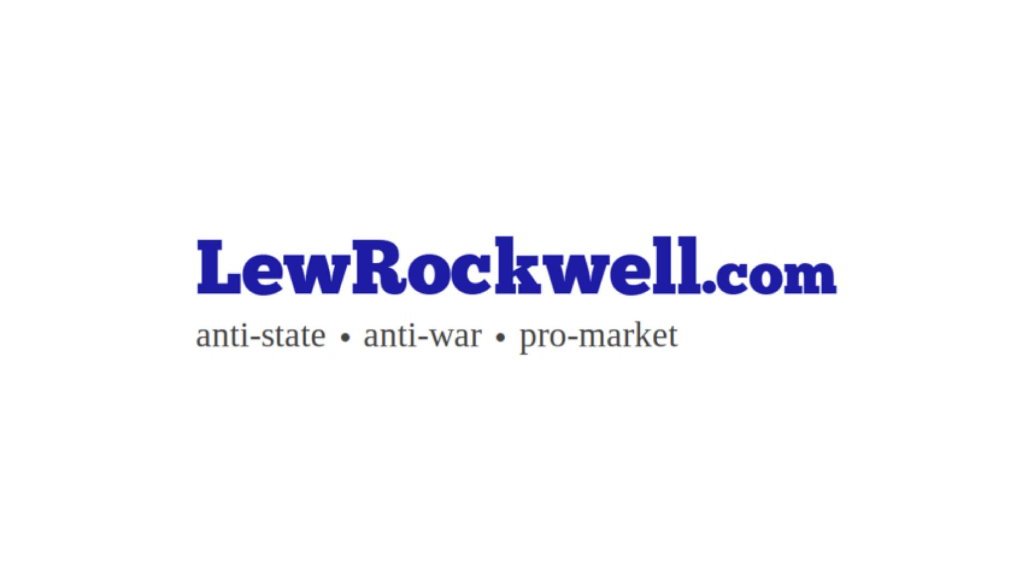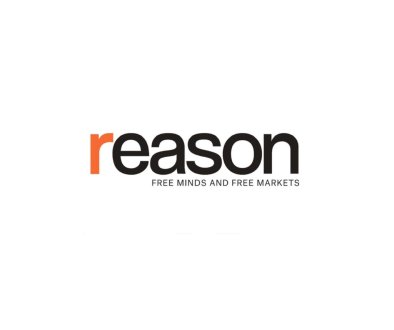What To Stockpile Now: 10 Items That Will Disappear First in a Crisis
You should have these.
When a crisis hits, whether it’s a natural disaster, economic collapse, or something else, store shelves empty fast.
People panic, and the essentials vanish in hours. If you want to be ready, you need to stockpile the right items now, before the rush.
Below, I’ve listed 10 things that disappear first during emergencies, along with tips on where to find them affordably and how to store them properly.
Scarcity creates urgency, so let’s dive in and talk about what you need to prioritize.
1. Non-Perishable Food
Why it disappears
Food is the first thing people grab when a crisis looms.
Canned goods, pasta, rice, and freeze-dried meals fly off shelves as everyone scrambles to secure calories.
What to stock
Focus on shelf-stable staples like canned beans, vegetables, fruits, and meats (think tuna or chicken). Rice and dried lentils are cheap and last years. Freeze-dried meals or MREs are great for long-term storage.
Sourcing tips
Buy in bulk at warehouse stores like Costco or Sam’s Club for deals on rice, beans, and canned goods. Dollar stores often have canned food for under $1.
Storage advice
Keep food in a cool, dry place, ideally below 70°F.
Use airtight containers for rice and grains to prevent pests. Rotate your stock by eating and replacing items to keep them fresh.
Aim for at least a 30-day supply per person.
2. Water Filters
Why it disappears
Clean water becomes a priority when taps run dry or get contaminated. Portable water filters and purification tablets sell out fast.
What to stock
Get a high-quality portable filter like a Sawyer M
Article from LewRockwell

LewRockwell.com is a libertarian website that publishes articles, essays, and blog posts advocating for minimal government, free markets, and individual liberty. The site was founded by Lew Rockwell, an American libertarian political commentator, activist, and former congressional staffer. The website often features content that is critical of mainstream politics, state intervention, and foreign policy, among other topics. It is a platform frequently used to disseminate Austrian economics, a school of economic thought that is popular among some libertarians.




